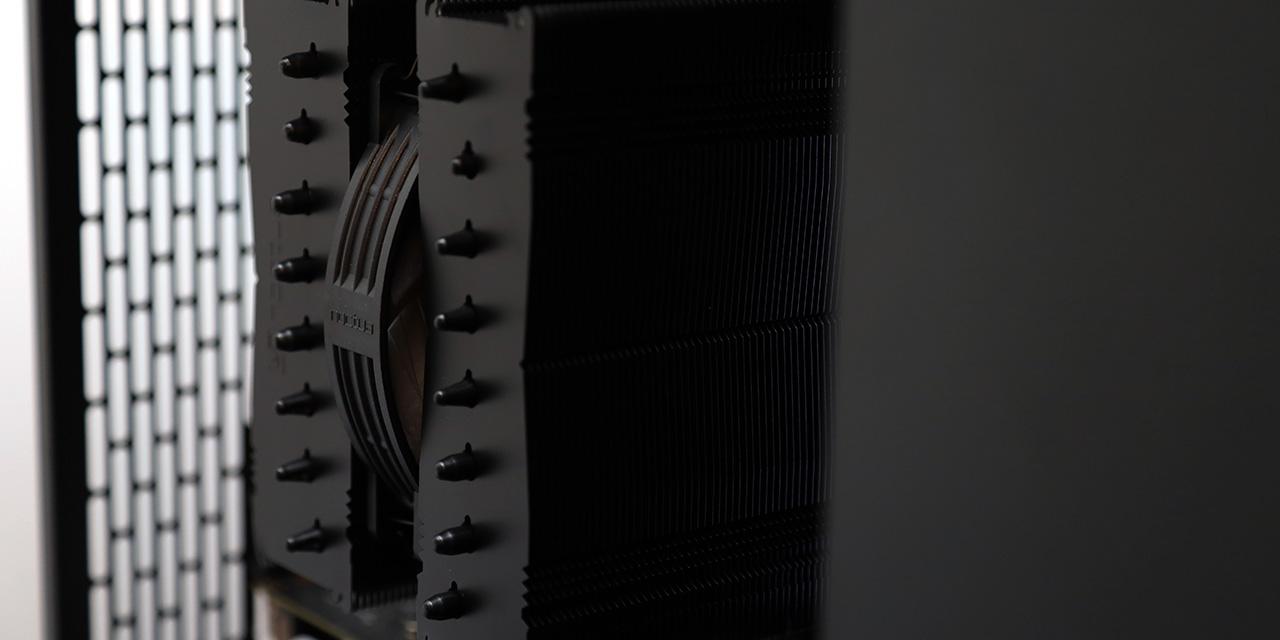
By: Jonathan Kwan
October 10, 2025
Recently, I was in a conversation with a few guys discussing our cell phone service providers. "I am on Rogers," one of the guys said. "I mean, I am actually on Freedom, but that is the same thing." If you are unfamiliar with the Canadian wireless market, Freedom is definitely not Rogers. Freedom started off as Wind Mobile in 2009, an independent budget carrier to compete against Rogers, Bell, and Telus, the "big three" providers. In 2016, Shaw, a cable company in Western Canada looking to expand into the wireless market, purchased Wind Mobile and changed its name to Freedom. Rogers bought Shaw in 2021, and in order to get regulatory approval, sold Freedom to Videotron and maintains a separate network. Without starting pointless arguments, I told the guy making the Freedom-Rogers claim to just look it up on Wikipedia, which he refused and insisted they are the same thing because he "looked up their coverage maps and they are identical". I sort of just laughed and told him to put some money on the table for a bet, and to nobody's surprise, once again refused my offer. (Just for fun facts, I used to work in the telecommunications industry.) Now, I do not know what coverage maps he was looking at, but even if the coverage was the same, it does not mean they are the same company. Even if the wireless specifications are identical, there can still be variances in performance. In a similar way, the XPG Mars 980 Blade 2TB we are reviewing today features Silicon Motion's latest SM2508 controller along with TLC ICs, which has very similar specifications as other flagship PCIe 5.0-based NVMe SSDs like the Crucial T710 2TB and Sandisk WD_BLACK SN8100 2TB. But will they all perform the same? We tested them against each other to find out.
Our XPG Mars 980 Blade 2TB arrived in a small brown corrugated cardboard shipping box from the company's American headquarters in Tustin, California, USA. Everything arrived in excellent condition to us here in Calgary, Alberta, Canada for our review today using FedEx International Connect Plus.
Our review unit of the XPG Mars 980 Blade 2TB arrived in its retail packaging. As it has been for the last few years, there is no ADATA branding. The XPG Mars 980 Blade's retail box is predominantly red with white text. XPG's logo along with the model name and product description is placed along the bottom, with a transparent sticker indicating its storage capacity. An array of icons highlights its 14GB/s speed, DRAM cache buffer, laptop compatibility, and PS5 compatibility is placed at the upper left corner. Across the middle is a picture of SSD with the heatsink not installed. More branding and product description in various languages can be found on the remaining sides of the box.
One thing to note, the icon highlighting its 14GB/s maximum transfer speed was incorrectly printed as "14Gbps". 14 gigabits per second is only 1.75 gigabytes per second, which is incredibly slow for an SSD by 2025 standards.
Before we move on, let us take a look at the specifications of the XPG Mars 980 Blade 2TB, as obtained from the manufacturer's website:
Capacity: 2TB
Form Factor: M.2 2280
NAND Flash: 3D NAND
Controller: SM2508
Dimensions (L x W x H): 80 x 22 x 4.5mm / 3.15 x 0.87 x 0.18inch (w/ heatsink), 80 x 22 x 3.2mm / 3.15 x 0.87 x 0.13inch (w/o heatsink)
Weight: 12g / 0.42oz (w/ heatsink), 8g / 0.28oz (w/o heatsink)
Interface: PCIe Gen5 x4
Sequential Read: Up to 14,000MB/s (PC/Laptop)
Sequential Write: Up to 13,000MB/s
4KB Random Read IOPS: 2,000K
4KB Random Write IOPS: 1,650K
Operating temperature: 0°C - 70°C
Storage temperature: -40°C - 85°C
Shock resistance: 1,500G/0.5ms
MTBF: 2,000,000 hours
Terabytes Written (TBW): 1480TB
Warranty: 5-year limited warranty
Opening the box reveals the XPG Mars 980 Blade 2TB itself along with its not preinstalled heatsink placed on a white cardboard tray, an excellent environmentally friendly option in my opinion. This is it -- out of the box, you will get nothing more than what you need. Not that we need them anyway, of course.
Page Index
1. Introduction, Packaging, Specifications
2. A Closer Look, Test System
3. Benchmark: AIDA64 Disk Benchmark
4. Benchmark: ATTO Disk Benchmark
5. Benchmark: Crystal Disk Mark 9.0
6. Benchmark: HD Tune Pro 5.70
7. Benchmark: PassMark PerformanceTest 11
8. Benchmark: PCMark 10
9. Benchmark: 3DMark
10. Conclusion





